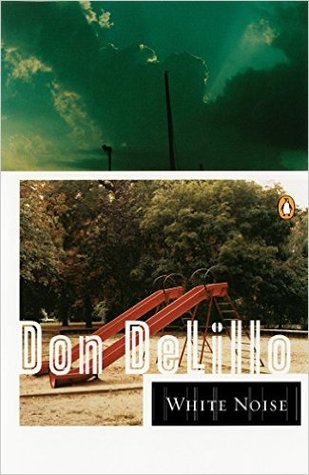More on this book
Community
Kindle Notes & Highlights
Every disaster made us wish for more, for something bigger, grander, more sweeping.
He’d once told me that the art of getting ahead in New York was based on learning how to express dissatisfaction in an interesting way.
“Because we’re suffering from brain fade. We need an occasional catastrophe to break up the incessant bombardment of information.”
“The flow is constant,” Alfonse said. “Words, pictures, numbers, facts, graphics, statistics, specks, waves, particles, motes. Only a catastrophe gets our attention. We want them, we need them, we depend on them. As long as they happen somewhere else. This is where California comes in. Mud slides, brush fires, coastal erosion, earthquakes, mass killings, et cetera. We can relax and enjoy these disasters because in our hearts we feel that California deserves whatever it gets. Californians invented the concept of life-style. This alone warrants their doom.”
“India remains largely untapped. They have tremendous potential with their famines, monsoons, religious strife, train wrecks, boat sinkings, et cetera. But their disasters tend to go unrecorded. Three lines in the newspaper. No film footage, no satellite hookup. This is why California is so important.
“These things happen to poor people who live in exposed areas. Society is set up in such a way that it’s the poor and the uneducated who suffer the main impact of natural and man-made disasters. People in low-lying areas get the floods, people in shanties get the hurricanes and tornados. I’m a college professor. Did you ever see a college professor rowing a boat down his own street in one of those TV floods? We live in a neat and pleasant town near a college with a quaint name. These things don’t happen in places like Blacksmith.”
“I’m not just a college professor. I’m the head of a department. I don’t see myself fleeing an airborne toxic event. That’s for people who live in mobile homes out in the scrubby parts of the county, where the fish hatcheries are.”
“Every day on the news there’s another toxic spill. Cancerous solvents from storage tanks, arsenic from smokestacks, radioactive water from power plants. How serious can it be if it happens all the time? Isn’t the definition of a serious event based on the fact that it’s not an everyday occurrence?”
I think it’s a mistake to lose one’s sense of death, even one’s fear of death. Isn’t death the boundary we need? Doesn’t it give a precious texture to life, a sense of definition? You have to ask yourself whether anything you do in this life would have beauty and meaning without the knowledge you carry of a final line, a border or limit.”
This is what the odor of that burning material did. It complicated our sadness, brought us closer to the secret of our own eventual end.
“Why do I feel so good when I’m with Wilder? It’s not like being with the other kids,” I said. “You sense his total ego, his freedom from limits.” “In what way is he free from limits?” “He doesn’t know he’s going to die. He doesn’t know death at all. You cherish this simpleton blessing of his, this exemption from harm. You want to get close to him, touch him, look at him, breathe him in. How lucky he is. A cloud of unknowing, an omnipotent little person. The child is everything, the adult nothing. Think about it. A person’s entire life is the unraveling of this conflict. No wonder we’re
...more


